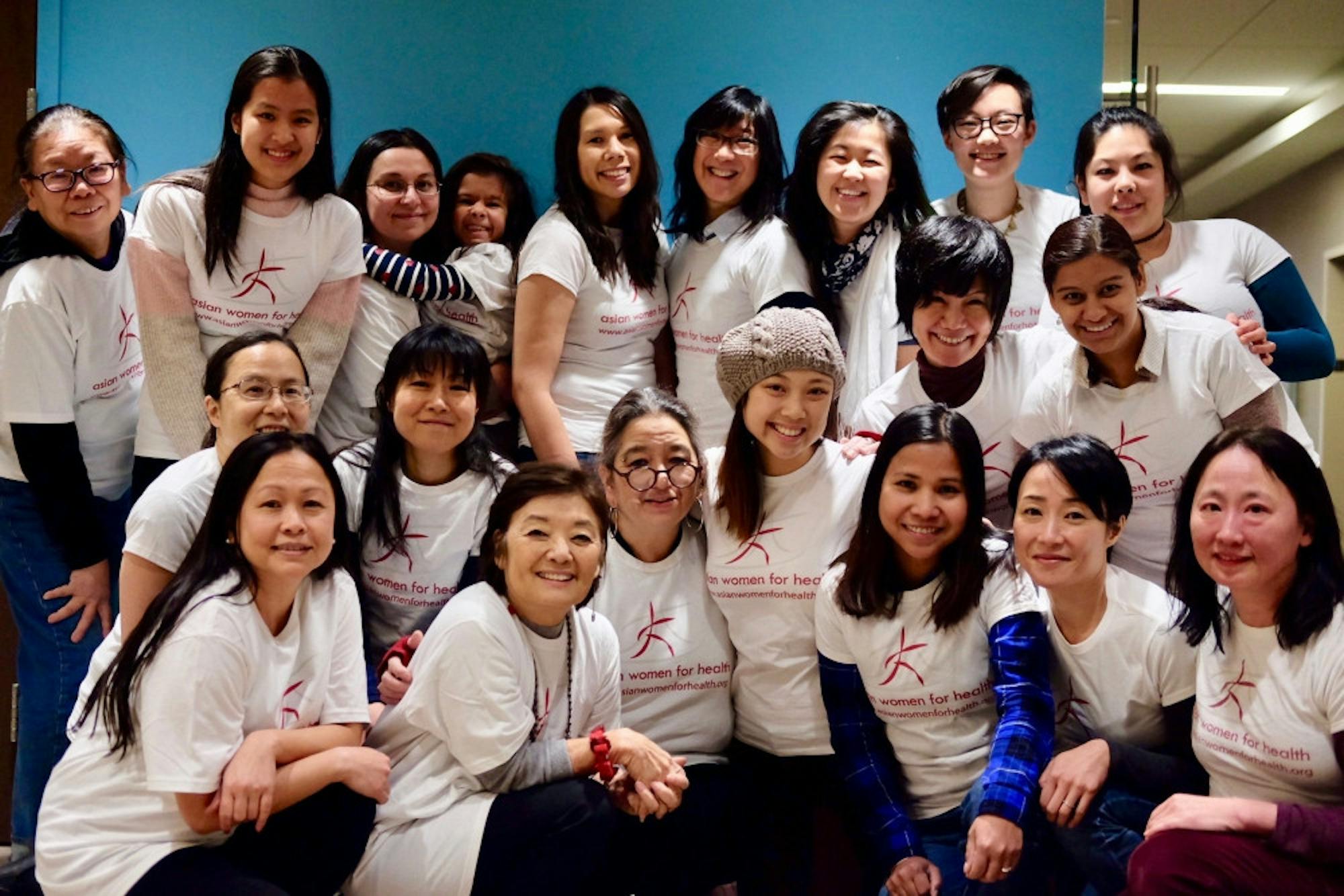The Tisch College Community Research Center (TCRC) recently awarded $18,000 in total to two projects that will conduct research in the Tufts community in 2018. Four different projects applied for funding, but the award was divided between two: “Achieving Whole Health through Gender Responsive and Culturally Relevant Curriculum” and “Exploring Uses of Portable Air Pollution Monitors for Environmental Health Education.” Both projects are based in Boston's Chinatown.
Each fall, the TCRC calls for research projects involving both an academic and a local community partner to apply for research grants, according to TCRC Co-Chair Doug Brugge. According to the Tisch College website, the TCRC will give a maximum of two awards each year, totaling $18,000. A panel of Tufts faculty and community members then reviews the proposals and ranks them based on criteria set by the TCRC. The projects with the highest ranking receive a grant.
Brugge stressed that the TCRC looks to fund projects with strong relationships to Tufts faculty members.
“The first thing we look for is that there has to be an equitable partnership between a community-based organization and a faculty person at Tufts, but also whether that’s a good partnership, whether it seems to be genuine and authentic, and also whether the research that they propose doing seems to be strong,” he said.
The first of these projects, “Achieving Whole Health through Gender Responsive and Culturally Relevant Curriculum,” is led by Sasha Fleary, an assistant professor in Tufts’ Eliot-Pearson Department of Child Study and Human Development, and Asian Women for Health (AWFH)Executive Director Chien-Chi Huang. Huang said she had initially proposed that she and Fleary would collaborate on a project to receive TCRC funding after Fleary gave a presentation to Tufts Addressing Disparities in Asian Populations through Translational Research (ADAPT). The project received an $11,000 grant this year, according to a TuftsNow article.
The project is based on previous programs that Huang has led through the AWFH, focused on improving the overall well-being of Asian-American young women through programs that address their holistic health, according to Fleary. However, this project will focus on evaluating the success of programs like it and developing an online component.
Fleary said that many of the program's participants are living with depression and suicidal thoughts.
“There is also a very high rate of not engaging with mental health professionals for a variety of reasons, a lot of them having to do with culture," Fleary said. "This project ... was designed for people who are Asian, and it was designed to replicate, basically, whole health, so mind, body and spirit, and [a] focus on well-being versus on mental health."
The program’s participants will partake in workshops over a 10-week period focused on three main areas: health of body, health of mind and health of spirit, according to Fleary. Fleary said she and her students will be most involved in the pre- and post-evaluation part of the research to assess the impact of the program on its participants.
“The end goal will be [to] increase their awareness of the mind-body connection, as well as their coping strategies for dealing with stress and help-seeking, and their overall well-being,” Fleary said.
The second project to receive TCRC funding, “Exploring Uses of Portable Air Pollution Monitors for Environmental Health Education,” is an extension of Community Assessment of Freeway Exposure and Health (CAFEH). The Tisch College website calls CAFEH "the signature study of the Tisch College Community Research Center." A 2015 Daily article describes CAFEH as an umbrella organization that includes five community-based studies focusing on air quality near freeways.
The latest project uses the system developed by CAFEH to monitor air quality to engage high school students in monitoring the health of their communities, according to John Durant, an associate professor at the School of Engineering and one of the faculty leaders.
High school students will use hand-held monitors to measure air pollution, later using these measurements to determine the accuracy of a mathematical model, Durant said.
“The high school students will be tasked with making air pollution measurements with portable, hand-held monitors and then comparing their results against predictions made with the model to better access the accuracy of the model," Durant told the Daily in an email. "This project will teach students the value of making environmental measurements ... [and] to use their critical thinking skills to determine why their measurements might be different than model predictions."
According to Tufts School of Medicine research assistant Carolyn Wong, who leads this research project and was also involved in CAFEH's original assessment of air pollutants near freeways, many Chinese immigrants in Boston have a misconception about their air quality, especially in areas close to heavy traffic, because the air appears to be clear.
Wong added that she expected participants to share their findings with family members and friends, increasing awareness in their communities.
"We expect this will be educational not only for themselves but for others in the community. Hopefully the project can spark more interest across generational divides, engaging young and older people in conversation about air pollution," Wong said.
TCRC awards grants to community-centered research projects

(Courtesy Chien-Chi Huang)





